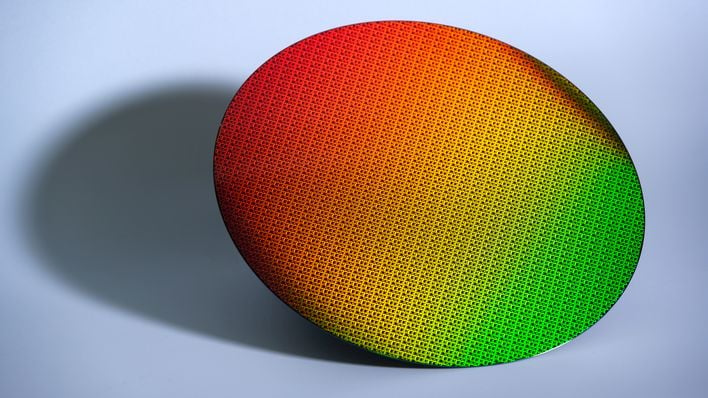
There’s been a lot of doom and gloom surrounding Intel lately, thanks to the much-publicized stability issues with the company’s Raptor Lake processors. So, how about some good news? Intel just announced that it has working samples of both its Panther Lake mobile CPUs and Clearwater Forest server chips, meaning pre-production parts that are capable of booting into an operating system. This is particularly notable because these parts will be the first to use Intel’s 18A fabrication process with all that entails.
Intel says that it has Panther Lake’s memory controllers already up and running at the “target frequency,” whatever that actually is, while Clearwater Forest will debut new Foveros Direct 3D chip stacking. According to the company’s press release, Clearwater Forest will use a base die fabricated on Intel 3-T, upon which the 18A compute tiles will be stacked using through-silicon vias (TSVs).

Besides its own products, Intel has said that its first external customer is expected to reach product tape-out on Intel’s 18A process in the first half of next year. No word on who that customer is, but the press release includes statements from both Cadence and Synopsys praising Intel’s foundry efforts.
All of these parts are expected next year. In the meantime, we’re hoping to see Lunar Lake any day now, Battlemage shortly after, and then Arrow Lake toward the end of the year.
